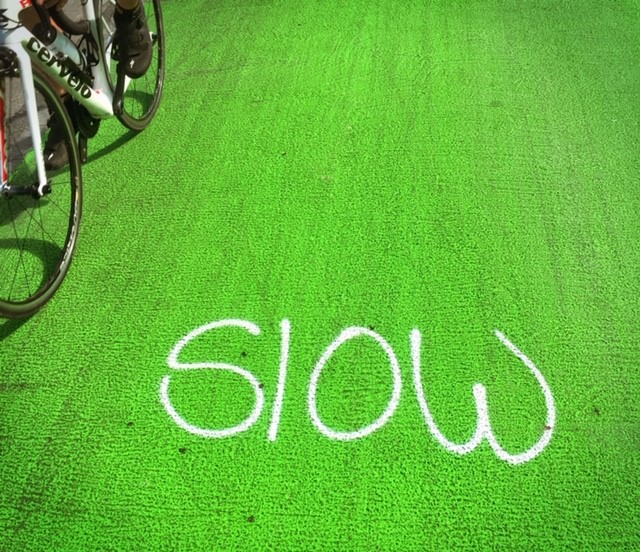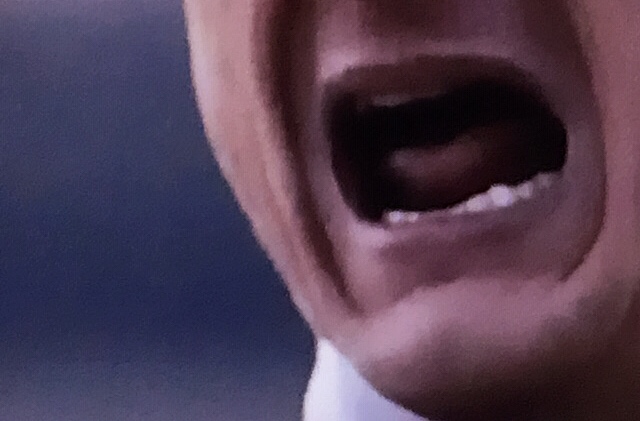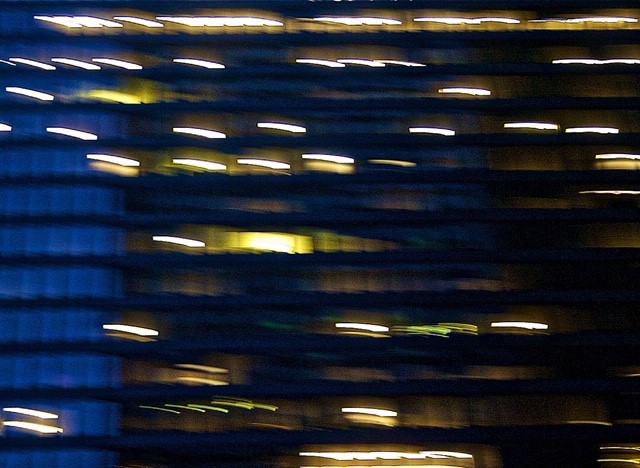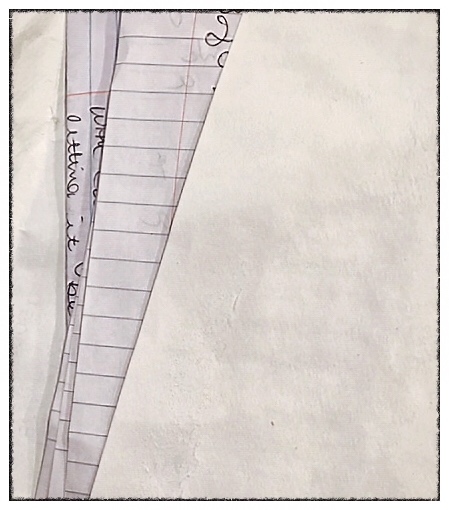
I took my time on Sunday, riding my bike to a particular place.
I didn’t have to be there at a particular time, but I first felt I was rushing after taking much of the morning meandering through the first draft of a manuscript I’ve been working on, and then had set aside.
At the beginning of last week – in an effort to meet a self-imposed deadline that would allow me to finalize another nearly-completed project – I found myself rushing through the story. It was only a first draft, and in a few weeks I knew I’d soon become consumed in the process, the plot, and the fictional lives I had created years before.
This time was supposed to be an initial quick read-through to familiarize myself with the work after it had sat long enough to become excitingly unfamiliar. Sunday I took my time. In fact, I decided that morning I would allow myself one more day with the work. A self-imposed deadline can selfishly be extended.
I wanted more time.
I changed up my pace partway through the bike ride on Sunday. I saw the hand-painted lettering on the bike path that served as a warning, or a reminder. Slow.
I had been rushing. It was the final day of summer, the weather was absolutely gorgeous, and I had been speeding through it. I don’t often, intentionally, ride my bike slowly. Cycling has always been one of those things I thought required speed. I’ve been like that since I was a kid, always pedaling hard, then, as a teenager when I would race or train.
I always believed a bike’s gears were meant for speed. The more gears you have, the greater the speed, or potential for speed.
Sunday I geared down and casually cruised the bike path across town. I’ve always enjoyed the feeling of speed on a bicycle. Sunday, I wasn’t even thinking of it. While still mindful of where I was going, I began looking around; enjoying the sights, and paying attention to buildings and features I normally would ride by.
I was trying not to rush. I do that too much. I rush. I think we, as a society, all do. We try too hard, to do too much, too quickly.
We even multi-task to try and do more than is required, or expected. We program ourselves, and our kids, to be at certain places, at certain times, on certain days. In the process we all try to squeeze in a little enjoyment or relaxation. Then we find out what we are squeezing in is neither enjoyable nor relaxing.
I haven’t been to yoga in a while. At one point in my life, and it wasn’t that long ago, yoga became that point in the day (many, many days in a row) where I could slow right down, breathe, and find stillness.
Yoga allowed me silence, or time to silence the mind. It taught me to slow down. It became the 90 minutes of the day where I could, essentially, check out of everything that was happening on the outside, and allow me to get inside myself. Yoga was a needed break, daily, more than regularly.
I made a point of slowing down. Then life began to speed up.
I moved to a new city five years back, a busier city where the pace is hectic, and there is more time required with a commute, and getting from there to here, and just keeping up with the busyness.
In fits and starts, I tried to incorporate yoga back into my new lifestyle in a new city. It became harder to fit in a class, or find a class (or get to class), with the distance, and all that traffic and all that rushing. And all those excuses.
At a time when I really could have used the slowness of a yoga class, I became caught up in the rush. No go equals no slow.
A few summers back I made a conscious effort to spend more time on my bike. My cycling is not with the regularity of yoga, nor is it as beneficial to the mind or muscle, but it does allow a genuine connection the road we are all on.
I’d like to get off the fast lane.
The weather is expected to remain unseasonably warm for the next while. It is my intention to ride the bike until common sense tells me it is too cold, or too icy.
I intend to ride a little longer, a little further, and a little slower.
© 2019 j.g. lewis




